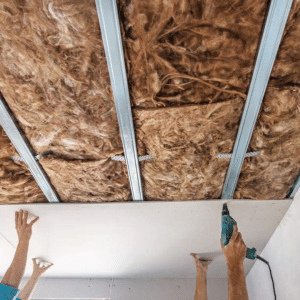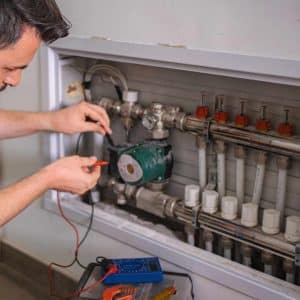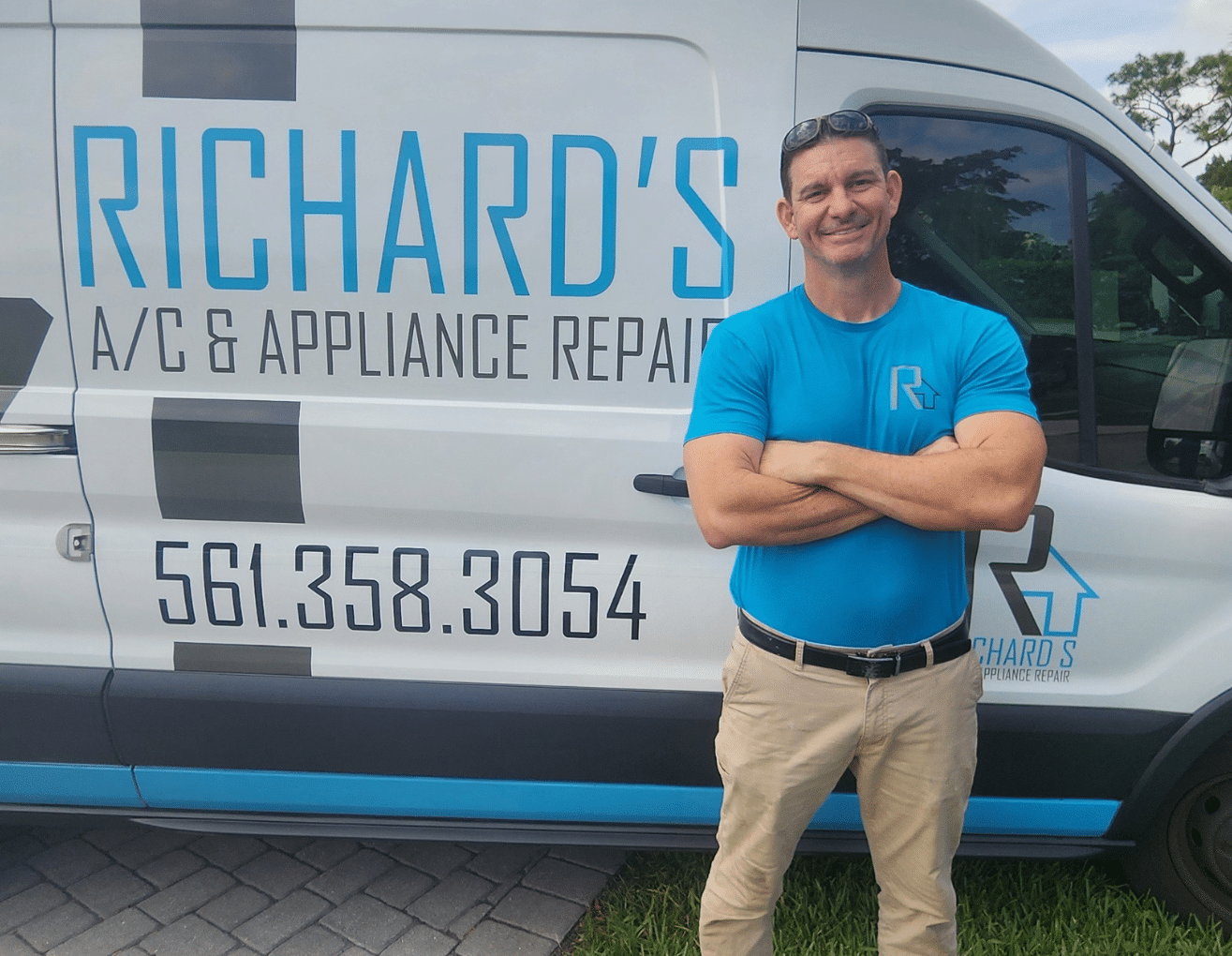The microwave oven is a kitchen staple, offering speed and convenience for heating leftovers, cooking quick meals, and popping popcorn. But like any appliance, microwaves can malfunction, and knowing when to repair versus replace can save you time, money, and frustration.
This post will guide you through common microwave problems, help you determine if a repair is worthwhile, and let you know when it’s time to say goodbye to your old microwave.
Common Microwave Problems
Here are some of the most frequent issues that can affect microwave ovens:
- Microwave Not Heating: This is the most common complaint.
- Possible Causes: Faulty magnetron (the component that generates the microwaves), high-voltage diode, capacitor, or transformer.
- Turntable Not Rotating: If the food isn’t spinning, it won’t heat evenly.
- Possible Causes: Broken turntable motor, faulty drive coupling, or a problem with the control panel.
- Microwave Sparks or Arcs: This is a serious issue that requires immediate attention.
- Possible Causes: Damaged waveguide cover, metal objects inside the microwave, food splatters on the interior walls.
- Control Panel Not Responding: If the buttons or touch panel don’t work, the microwave is essentially useless.
- Possible Causes: Faulty control board, damaged touch panel, or a problem with the power supply.
- Loud Humming or Buzzing Noise: While some noise is normal, an unusually loud hum or buzz can indicate a problem.
- Possible Causes: Failing magnetron, high-voltage diode, or transformer.
- Door Won’t Latch Properly: A microwave should not operate if the door isn’t securely latched.
- Possible Causes: Broken door latch, faulty interlock switch.
- Light not working:
- Possible Cause: Burnt-out bulb.
- DIY Tip: Check owner’s manual. Some bulbs can be easily replaced.
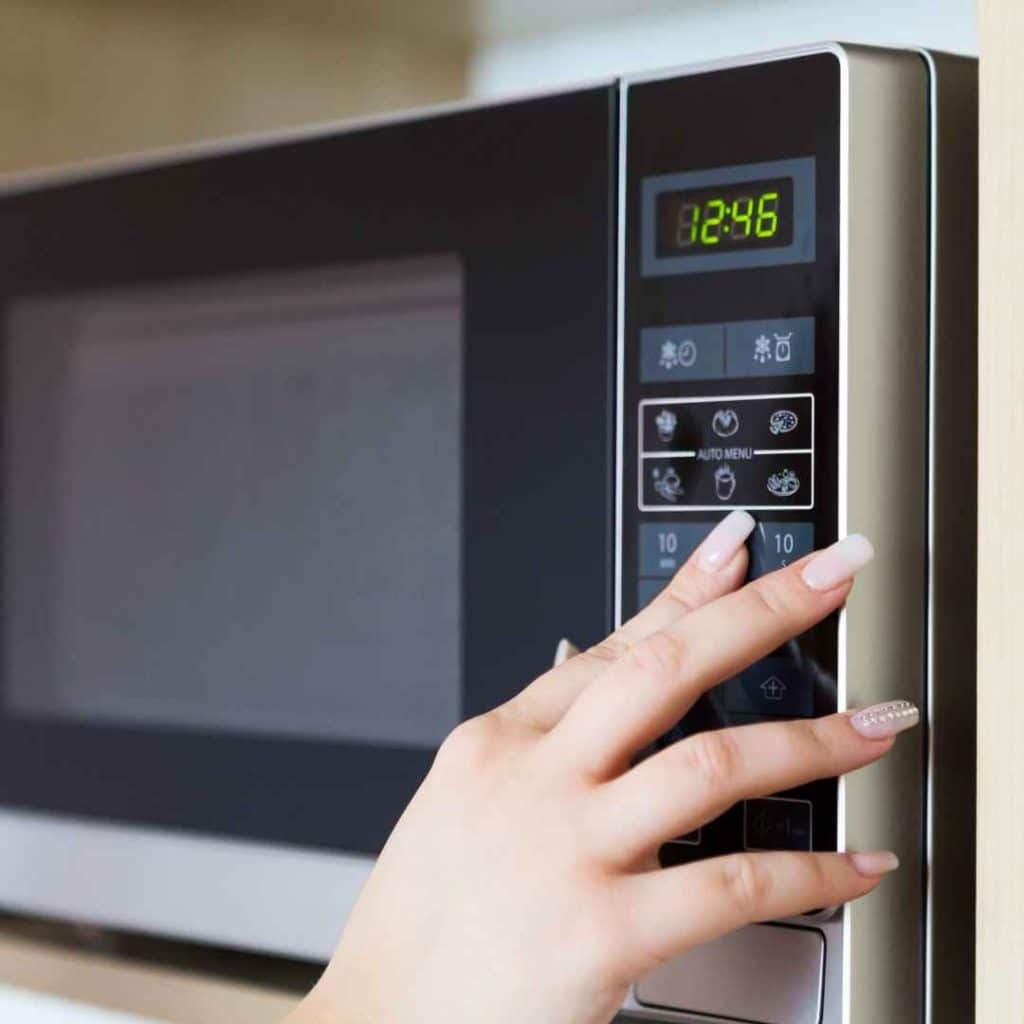
Repair vs. Replace: The Decision-Making Factors
When your microwave malfunctions, you’ll need to decide whether to repair it or replace it. Here are the key factors to consider:
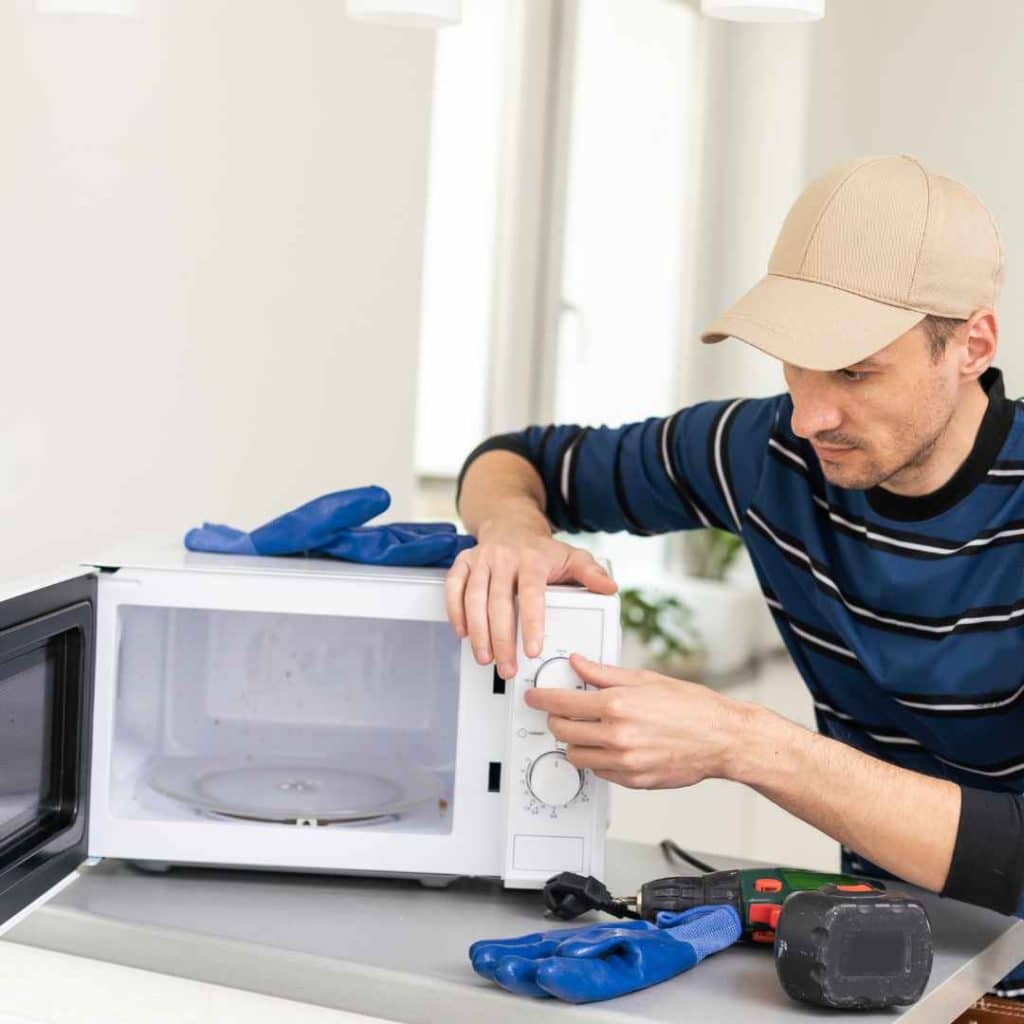
- Age of the Microwave: The average lifespan of a microwave is around 9-10 years. If your microwave is older than that, replacement is often the more cost-effective option.
- Cost of Repair: Get an estimate for the repair cost. As a general rule, if the repair cost is more than 50% of the price of a new microwave, replacement is usually recommended.
- Type of Problem: Some problems, like a faulty magnetron, are typically more expensive to repair and often warrant replacement. Simpler issues, like a broken turntable motor, might be worth repairing, especially if the microwave is relatively new.
- Availability of Parts: Parts for older microwaves can be difficult or impossible to find.
- Safety: If the microwave is producing sparks, it should be unplugged and not used until repaired or replaced.
Richard's AC: Your Microwave Repair and Replacement Resource
At Richard’s AC, we can help you make the right decision regarding your microwave. Our experienced technicians can diagnose the problem and provide you with an honest assessment of whether repair or replacement is the best option.
- Repair Services: We repair a wide range of microwave problems, and we use only high-quality replacement parts.
- Over-the-Phone Diagnosis: For many problems, our phone quick diagnosis service can help.
Important Note: Due to the high-voltage components inside a microwave, we strongly advise against attempting any DIY repairs. Microwaves can store a lethal electrical charge even when unplugged. Always call a qualified technician for microwave repairs.
Is Your Microwave Giving You Trouble?
Don’t risk your safety or waste money on unnecessary repairs.
Contact Richard’s AC today for a professional assessment of your microwave
Let Richard’s AC be your trusted partner for all your appliance repair needs!


